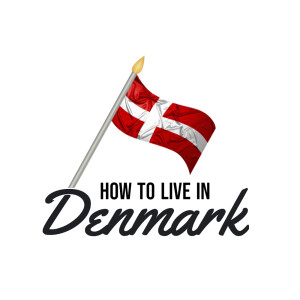
Many countries have a fictional character who represents them. Uncle Sam for the USA, Marianne in France, Mother India. Others have a legendary figure, who was real at one point but is now shrouded in myth, like King Arthur in England.
For Denmark, Holger Danske is both. He was probably real, although he didn’t live in Denmark.
He was a Danish knight living in France in 8th century, serving Charlemagne and he appears in several of the epic poems of the time as Ogier the Dane. When those poems were translated into Old Norsk, he became Oddgeir danski, which gradually morphed into Holger Danske.
He has been a hero for centuries. And he is a sleeping hero.
The legend is that when Denmark is in trouble, Holger Danske will rise from his slumber and come to its defense. This is why during World War II, when Denmark was occupied by the Nazis, one of the largest resistance groups called itself Holger Danske.
If you’re not Danish, you may have experienced Holger Danske in the form of consumer products.
There is a Holger Danske moving company with trucks all over Denmark, a Holger Danske beer, Holger Danske Aquavit liquor, Holger Danske tobacco. There’s a Holger Danske bar. Holger Danske has appeared on the Danish national football shirt.
And, very famously, there’s a statue of Holger Danske in the basement of Kronborg Castle, often known as Hamlet’s Castle, in Helsingør, Denmark – which Shakespeare referred to as Elsinore.
I go by the castle in my new audio tour of Helsingør for VoiceMap. Check it out at voicemap.me/hamlet.
--------------
More Episodes
 2015-04-12
2015-04-12
 2015-03-08
2015-03-08
 2014-06-28
2014-06-28
 2014-05-31
2014-05-31
Create your
podcast in
minutes
- Full-featured podcast site
- Unlimited storage and bandwidth
- Comprehensive podcast stats
- Distribute to Apple Podcasts, Spotify, and more
- Make money with your podcast
It is Free
- Privacy Policy
- Cookie Policy
- Terms of Use
- Consent Preferences
- Copyright © 2015-2024 Podbean.com







